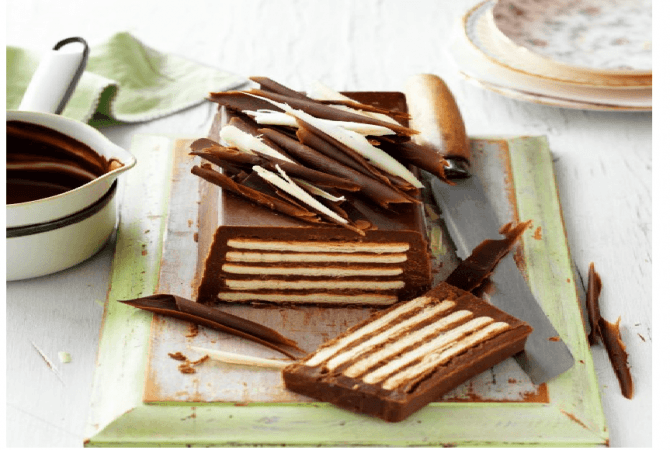By now almost every city of India has got a popular lady chef who operates her patisserie from Instagram. A few select orders translate to customized service, quick bucks, and no taxes for either side. But this arrangement of convenience might soon come to an end.

In a new order announced by the State Food Safety Department as per the direction of the Food Safety and Standards Authority of India, anyone supplying food without a valid FSSAI license or registration will be penalized with a fine of Rs 500,000. The order aims to effectively end (or at least control) the sale of food items from home kitchens that are currently operating without registration.
The ruling may especially affect the home kitchens in big cities that supplied 'dabbas' to offices and also the mompreneurs who took to selling bakery items to supplement their incomes. Since the start of the lockdown, many homemade food start-ups have also ventured into supplying home-cooked diet meals as specified by the dietitians.
As per reports, since March 2020, when lockdown came into effect in India, only 2300 registrations have taken place. Whereas as per rough estimates of the authorities at least more than double that number of units are operating without a license or registration.
So home chefs who have not registered or obtained a license from the State Food Safety Department might end up paying a fine of either Rs 500,000 or face imprisonment for up to 6 months. For those selling food items without a label, the fine is Rs 300,000.
![[Representational image] Canteen](https://data1.ibtimes.co.in/en/full/639024/canteen.jpg?h=450&l=50&t=40)
What the rule book says
As per the rules specified by the Food Safety and Standards Authority of India (FSSAI), it is mandatory for anyone in the food business to first obtain a license or a registration. While a license is mandatory for units with sales above the figure of Rs 12 lakh, registration is compulsory for units with revenues below Rs 12 lakh.
Details of the legalities for registration can be obtained on the official website of the FSSAI and registration can be completed online. State food safety department issues the license for such food units.
The laws regarding licensing and registration of such food units have been in place since 2011, but it wasn't until the lockdown and thereafter that rampant mushrooming of homemade food items started happening.
While many took to home-based 'food-preneurship' as a means of survival after being rendered jobless, several homemakers in all the cities have also turned to baking and supplying other food items from home kitchens.

















